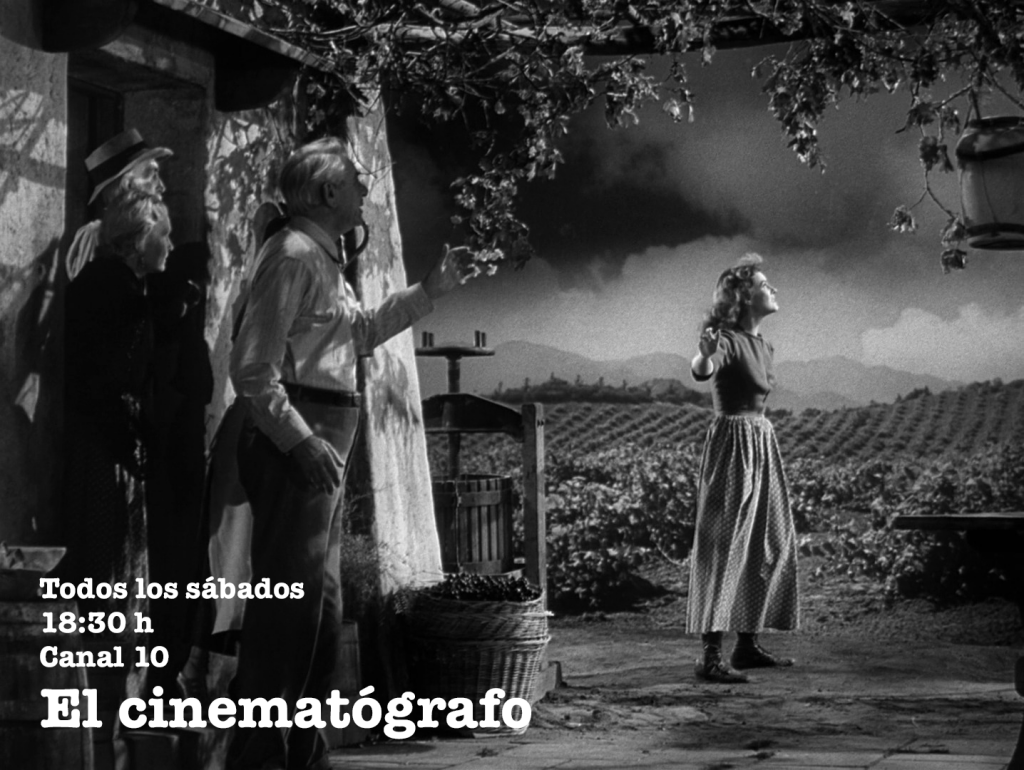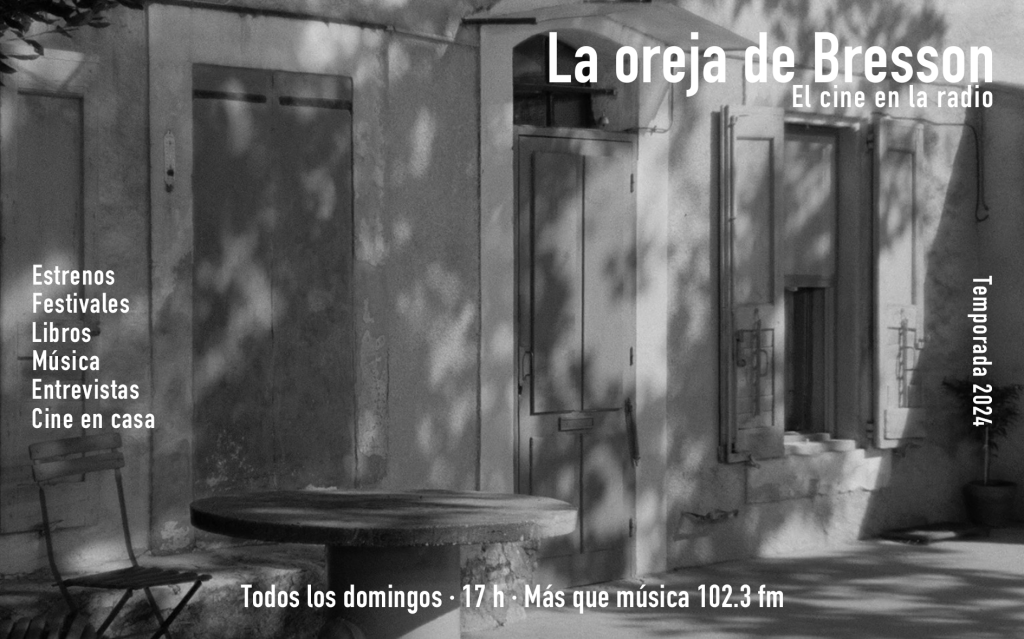
SHORT REVIEWS (38): POKHORONY STALINA
Pokhorony Stalina / Stalin’s Funeral, Soviet Union, 1990

In 1990, the remarkable author of the famous poem “Babi Yar”, Yevgueni Yevtushenko, made his second film. No less extraordinary than Kindergarten (1983), its title is enough to place its time as well as its tone: Stalin’s Funeral (1990). The moments just before, the confirmation of the death and the beginning of the funeral with its corresponding period of mourning, constitute the atmosphere of this tale in which a young poet called Zhenya observes in detail everything that is happening around him, while at the same time accompanying his beloved. The use of archival material in the funeral scenes and the recreation of the desperation of the multitudes as they see the Soviet leader’s lifeless body are the ideal passages for completing what can be observed without commentary in Serguei Loznitsa’s State Funeral(2019), because Yevtushenko -seen in the film as a sculptor in his studio surrounded by plaster faces of Stalin-, reveals the moody recesses of that time and an everyday aesthetic defined by accumulation, indigence and suspicion. This masterpiece at the twilight of Glasnost, together with The Asthenic Syndrome (1989) by Kira Muratova, expresses the symbolic disorder of the end of Stalinism as well as a new spiritual displacement at the time of the film’s creation, as if the film itself were a seismograph for the future, a recognition of a new historic turn was looming.
Roger Koza / Copyleft 2021





Últimos Comentarios